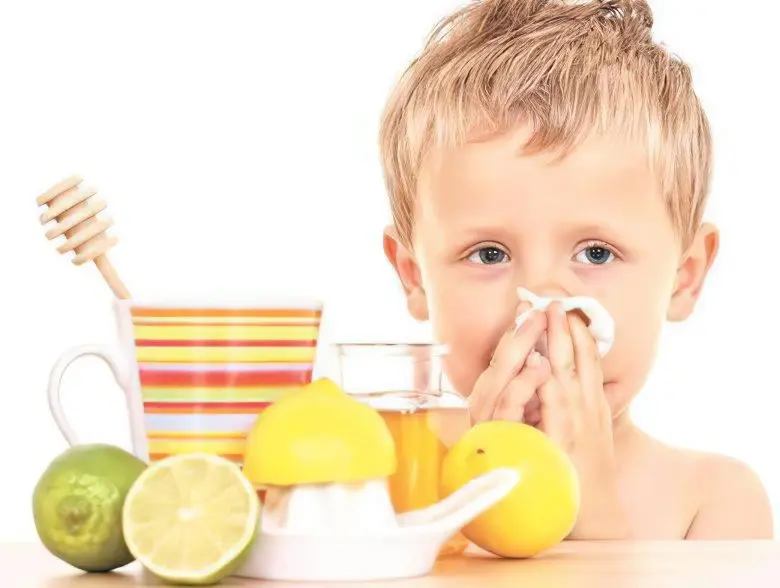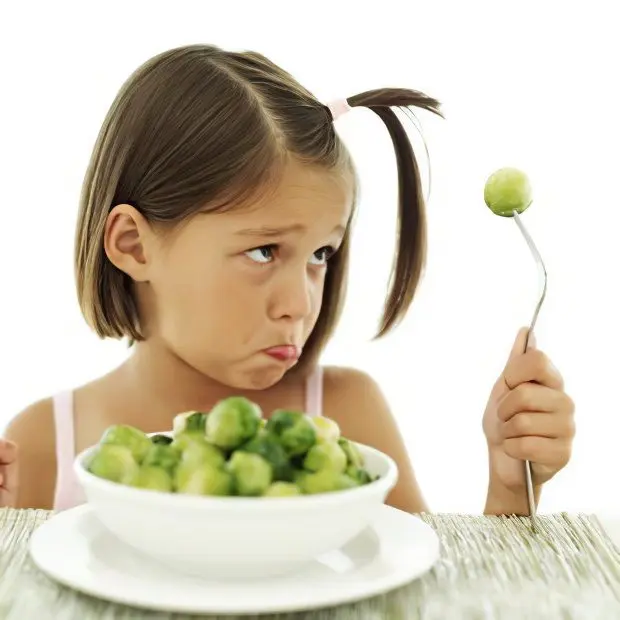It is known that avitaminosis is a human condition, accompanied by the absence or deficiency of vitamins that enter the body with food. The most common is spring beriberi. At this time of the year, the supply of vitamins is usually used up, and their intake with food is significantly reduced. Children are most susceptible to such conditions, especially families with low social status, and children born with low body weight – less than 2,5 kilograms.
Vitamin deficiency in a child is also observed after suffering rickets, anemia, in children who often suffer from colds, allergies. With insufficient intake of vitamins from food, the symptoms of beriberi will have a number of features, since the functions of each vitamin in the body have their own specifics.
Symptoms of beriberi in children

Among all types of beriberi, the following types of pathology are considered the most common: deficiency of vitamin A (retinol), vitamin B1 (thiamine), vitamin B2 (riboflavin), vitamin D (calciferol), vitamin C (ascorbic acid).
Hypovitaminosis A. Vitamin A is a fat-soluble vitamin. Its main function is to maintain the normal structure of the skin and mucous membranes. Vitamin A is also necessary to ensure metabolic processes in the organs of vision, it is part of the visual pigments and is responsible for twilight vision. Symptoms of beriberi in children caused by a lack of retinol are most often observed in schoolchildren and are manifested by dry skin, the appearance of cracks on the soles and fingertips, the formation of itchy gray formations in the elbows, knees, abdomen, buttocks. The skin of children is flaky, hair can fall out, inflammatory diseases of the eyes appear, and the membranes of the eye are affected.
Hypovitaminosis B1. Symptoms of beriberi in children associated with insufficient intake of vitamin B1 with food are accompanied by growth retardation, decreased appetite, memory also suffers, sleep is disturbed, and weakness appears.
Hypovitaminosis B2. With insufficient intake of riboflavin with food, the child may develop visible vessels on the eyeball during examination, as well as diseases of the mucous membranes, tongue and lips (stomatitis, cheilitis, glossitis). In children, hair loss is observed, rosacea appears on the skin.
Hypovitaminosis C. In children, beriberi and hypovitaminosis of vitamin C can cause the development of scurvy, which has a number of features and has a special name – Meller-Barlov’s disease, which is characterized by a violation of the formation of bones of the skeleton. Such vitamin deficiency is often the result of a monotonous diet rich in carbohydrates. This type of vitamin deficiency is combined with a deficiency of nicotinic acid, it is characterized by weakness, fatigue, loss of appetite, bleeding and inflammation of the gums, hemorrhages in the oral cavity, and bruising. Ulcerative lesions of the oral mucosa, as a rule, are absent.
Hypovitaminosis D. Vitamin D takes part in the processes of bone tissue formation, with its insufficient intake from food, children experience caries, softening of the bones of the skeleton, the child is prone to injury, he may experience muscle cramps, muscle weakness. Rickets can cause a child to lag behind in mental and physical development.
Treatment of beriberi in children

Treatment of vitamin deficiency in children depends on the characteristics of the pathological condition, namely on the group of vitamins, the deficiency of which is observed in the daily diet of the child.
With insufficient intake of vitamin A in the body, treatment is carried out after examination by a dermatologist, who excludes other causes of skin diseases. Inside or intramuscularly, the drug retinol acetate is prescribed in age dosages. Skin manifestations of beriberi require long-term treatment – from one to six months. Also, doctors recommend following a diet rich in vitamin A – to enrich the child’s diet with dairy products, eggs, spinach, green onions, seafood, liver, carrots, apricots, peaches.
With a deficiency of vitamins of group B, children can be prescribed complex preparations containing these vitamins, in the form of injections or in the form of tablets (pellets). With a lack of vitamin B2, the course of treatment can be one month. Complex therapy also involves taking vitamins B1, PP and C.
The diet in this case should consist not only of meat and dairy products that improve the absorption of riboflavin, but also contain brewer’s yeast, offal, brown rice and wholemeal flour – foods rich in vitamin B1.
Treatment of beriberi in children caused by vitamin C deficiency should be accompanied by the introduction of ascorbic acid in the form of injections. Rutin is also recommended, the drug “Ascorutin” is prescribed. Vitamin K preparation (“Vikasol”) helps to avoid bleeding. In addition, it is recommended to use decoctions from rose hips, plant needles. Diet means in this case a complete diet rich in vegetables and fruits.
Treatment of beriberi D in children is carried out under the constant supervision of a doctor, since high dosages of the vitamin are no less dangerous than deficiency. Children are prescribed “Akvadetrim”, courses of ultraviolet irradiation are recommended.
Fatty fish, egg yolk, liver, and dairy products are added to the child’s diet. It is important for children to spend more time outdoors and sunbathing.
In conclusion, it should be said that beriberi in children is a rather serious problem that requires accurate diagnosis and timely treatment in order to avoid complications and help in the formation of a growing organism as a whole. At the same time, it is very important for the child to ensure a healthy diet and a healthy lifestyle.









